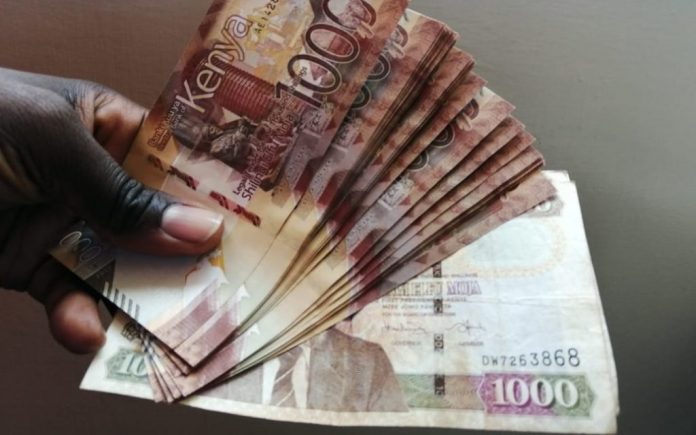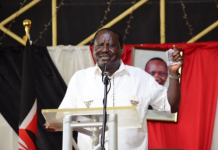Reprieve to boy child as KRA is not taxing dowry
The Kenya revenue authority has termed this news as a piece of fake news and there is no way that they can tax dowry.
this whole matter started at The 2nd KESRA Research Conference at the Kenya School of Monetary Studies, where a professor proposed dowry taxation to be a research theme.
On taxation, research is just as important. Kenya Revenue Authority doesn’t just wake up one morning and increase tax on beer, impose a tax on dowry or reduce excise on water.
“Research is used to explain situations like trends in economic growth and GDP ratios, prove theories and find solutions to problems like illicit financial flows,” says Dr Fred Mugambi, a commissioner at KRA in charge of the Kenya School of Revenue Administration (KESRA).
Also Read: Uhuru Kenyatta assents to Bill that scraps bank interest rates and tax bracket
This further prompted an interesting tax research proposal from University of Nairobi Associate Professor in the School of Business Dr X.N Iraki.
Touching on the need for tax incentives and finding new taxes, Dr Iraki suggested research on whether dowry payment should be subjected to taxation. Dowry is an emotional issue among Kenyan communities, even though it has lately been commercialized by some families.
The standard form of dowry in most communities includes domestic animals like cows, goats, sheep, chicken and items such as cereals. Putting a tax figure on such dowry would be a tricky affair. Due to changing times, some families are preferring cash these days.
Also, dowry negotiations are often family affairs done away from the formal system, which would make tax administration a nightmare
Taxing dowry would spark protests from many Kenyans since it is not a commercial payment per se but a token to strengthen the marriage and bond the two families.
There are no set standards for dowry payment what a man pays to marry a woman but some parents are known to squeeze out millions from sons in law.

Do you have any news or article you would like us to publish? Kindly reach us via outreach@t4d.co.ke or howtodoafrica@gmail.com.





























